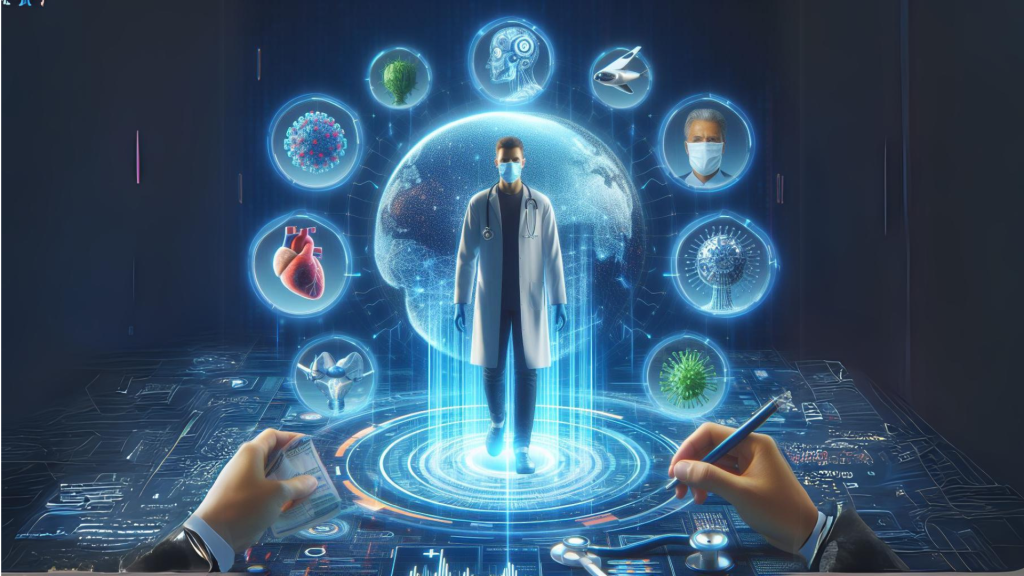
Deloitte’s 2023 Health Care Consumer Survey reveals that consumers view generative artificial intelligence (AI) as a potential revolutionizing force in healthcare. Despite concerns about rising costs and access, respondents, especially those using generative AI for health-related inquiries, express optimism about its transformative capabilities. This overview explores key findings from the survey, shedding light on consumer attitudes, usage patterns, and perceptions related to generative AI in healthcare.
Optimism and Usage Patterns:
Over 70% of consumers using generative AI believe in its potential to revolutionize healthcare delivery.
Only 48% of respondents reported using generative AI, but health-related inquiries were a prominent reason for its usage.
Health-Related Uses of Generative AI:
Users employed generative AI for various health-related queries, including learning about medical conditions (19%), understanding treatment options (16%), deciphering technical language (15%), and improving well-being (15%).
69% of users found the information provided by generative AI to be very reliable or extremely reliable.
Impact on Healthcare Affordability:
Consumers believe that generative AI could play a key role in reducing healthcare costs, improving access, and enhancing overall well-being.
Uninsured individuals were more likely to use generative AI for healthcare inquiries, emphasizing its potential to address accessibility issues.
Transparency and Comfort Levels:
Consumers express the importance of transparency regarding the use of generative AI in healthcare.
While users are comfortable with generative AI providing information about medical conditions and reviewing lab results, there is less comfort with its use in care decisions, such as diagnosis and treatment.
Importance of Governance and Trust:
The survey emphasizes the need for governance and building a trustworthy framework in the implementation of generative AI in healthcare.
Organizations are urged to prioritize transparency and communication to build and maintain consumer trust in the technology.
Uninsured Individuals and Generative AI Usage:
Uninsured respondents are more likely to use generative AI for healthcare inquiries, particularly related to mental health support, finding a doctor, and identifying appropriate care sites.
Despite increased usage, only 33% of uninsured respondents found generative AI information helpful, compared to 51% of insured respondents.
Consumers’ positive outlook on generative AI’s potential to transform healthcare, as highlighted by Deloitte’s survey, underscores the significance of the technology in shaping the future patient experience. While optimism is prevalent, addressing concerns about transparency, governance, and effective communication is crucial for ensuring widespread acceptance and utilization. The findings also shed light on generative AI’s role in addressing healthcare affordability and accessibility, especially for uninsured individuals. Healthcare organizations and life sciences companies are encouraged to leverage these insights to design and implement generative AI solutions that align with consumer expectations and contribute to positive healthcare outcomes.





